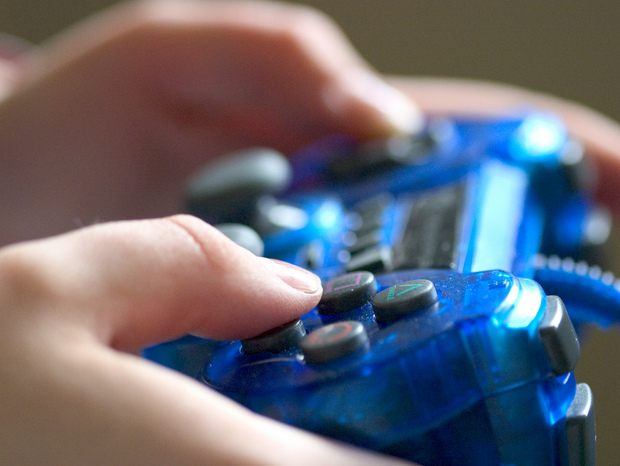China confirms foreign game consoles can now be sold

Officials from China's Ministry of Culture say foreign game consoles will be allowed to be sold in the country if manufacturers agree to register in Shanghai's new free trade zone.

According to a report by China Daily, two government officials confirmed a South China Morning Post report last week which revealed foreign game console makers would need to get approval for specific product models, before these can be sold and promoted on the Chinese mainland. Regulatory approval is required to ensure game content are not overly violent and politically sensitive.
Citing an official from the Ministry of Culture, who spoke on condition of anonymity, China Daily said information detailing the entry of foreign game console makers into China woud be incorporated into policies for the free trade zone in Shanghai. These, however, have yet to be officially released by the government.
The Chinese newspaper in January reported the country's 12-year ban on foreign game consoles was under evaluation and would require approval of various ministries to be lifted. Implemented in 2000, the ban was imposed on the manufacturing, sale, and import of game consoles in China over concerns the content would be harmful on the physical and mental development of its young.
China's State Council on July 3 approved the establishment of the free rade zone which will cover 28 square kilometers in Shanghai and serve as a testbed for expanding China's efforts to open up and reform its economic landscape.
"We will track the progress made in this Shanghai pilot program. No one doubts Shanghai's performance will determine our future moves," the government official told China Daily. However, he dismissed suggestions that allowing the sale of foreign game consoles in the free trade zone meant the ban would be lifted. "The ban is still effective."
Chinese gamers have sought out online options in light of the ban, helping China's online games market clock a 39 percent growth rate in 2011 and a projected revenue of US$9.2 billion by 2014.
Major game console makers also are keen to push China to open up its market, Xue Yongfeng, a Beijing-based analyst with Analysys International, said in the China Daily report. "The global game console market has experienced flat growth in recent years. Manufacturers are desperate to find some new revenue drivers and China, of course, has emerged a market target," Xue said.
Despite the ban, Microsoft's motion-sensor game console Kinect was released in mainland China in October 2012, though, the vendor had said the product was not used for games but for other purposes, such as medical treatment and education in the country.
There also are local options. In 2010, Lenovo spun off a company which develops motion-detection game console similar to Microsoft's Kinect. Just last month, the Chinese PC maker said it was adding a games service to offset falling PC sales and reduce reliance on its ThinkPad notebooks. Named Lenovo Game World, the service would include social networking features, software reviews, and gameplay tips.